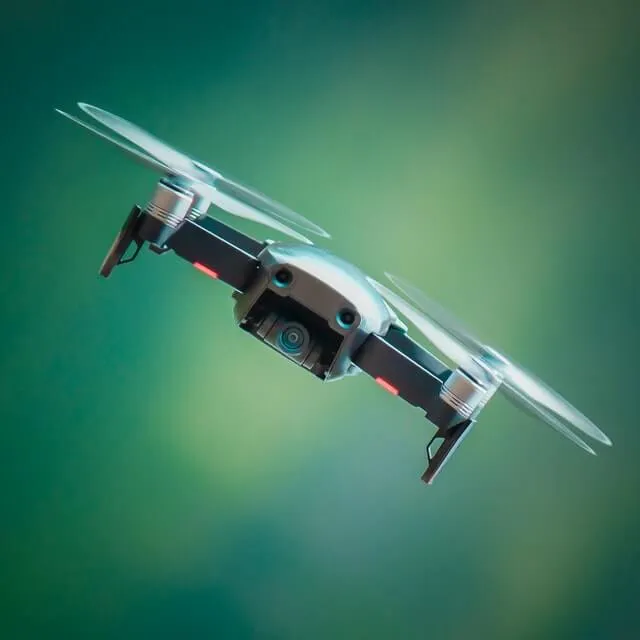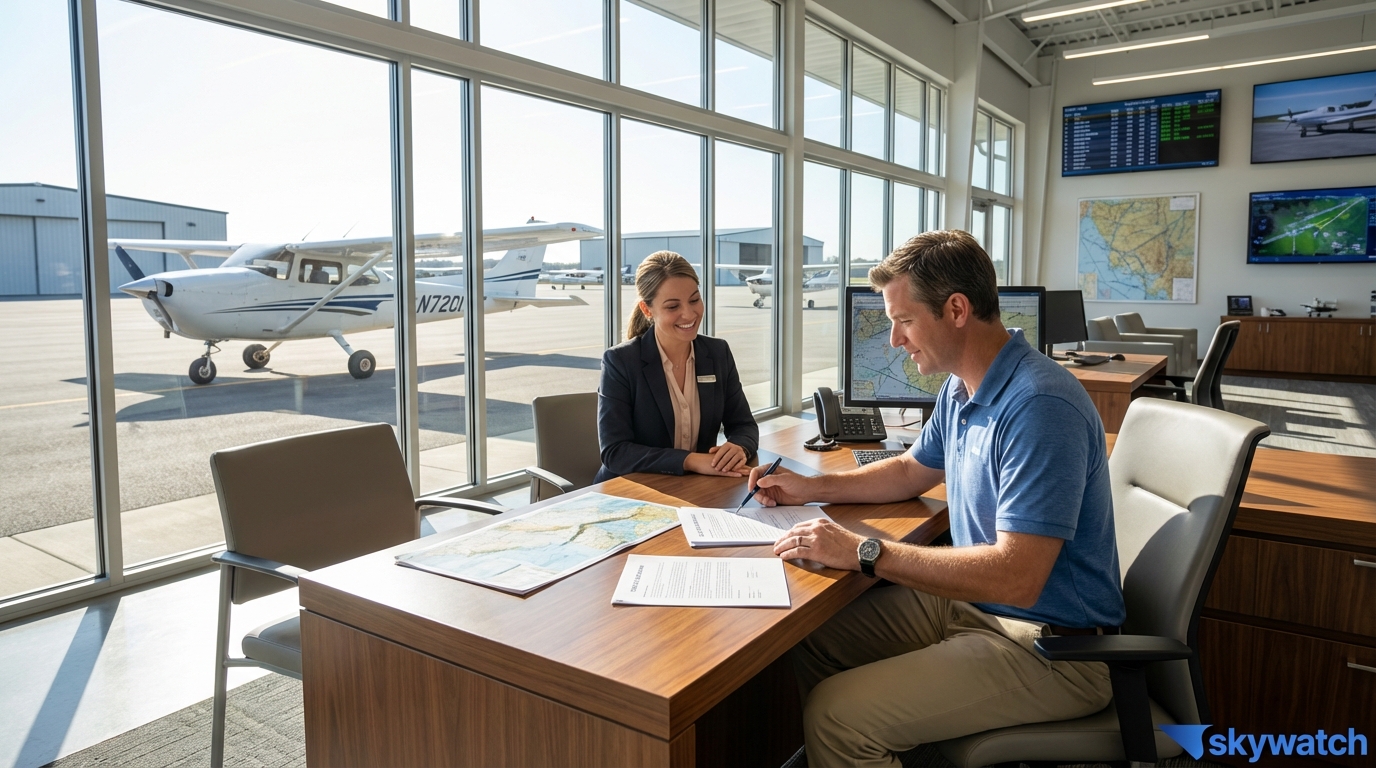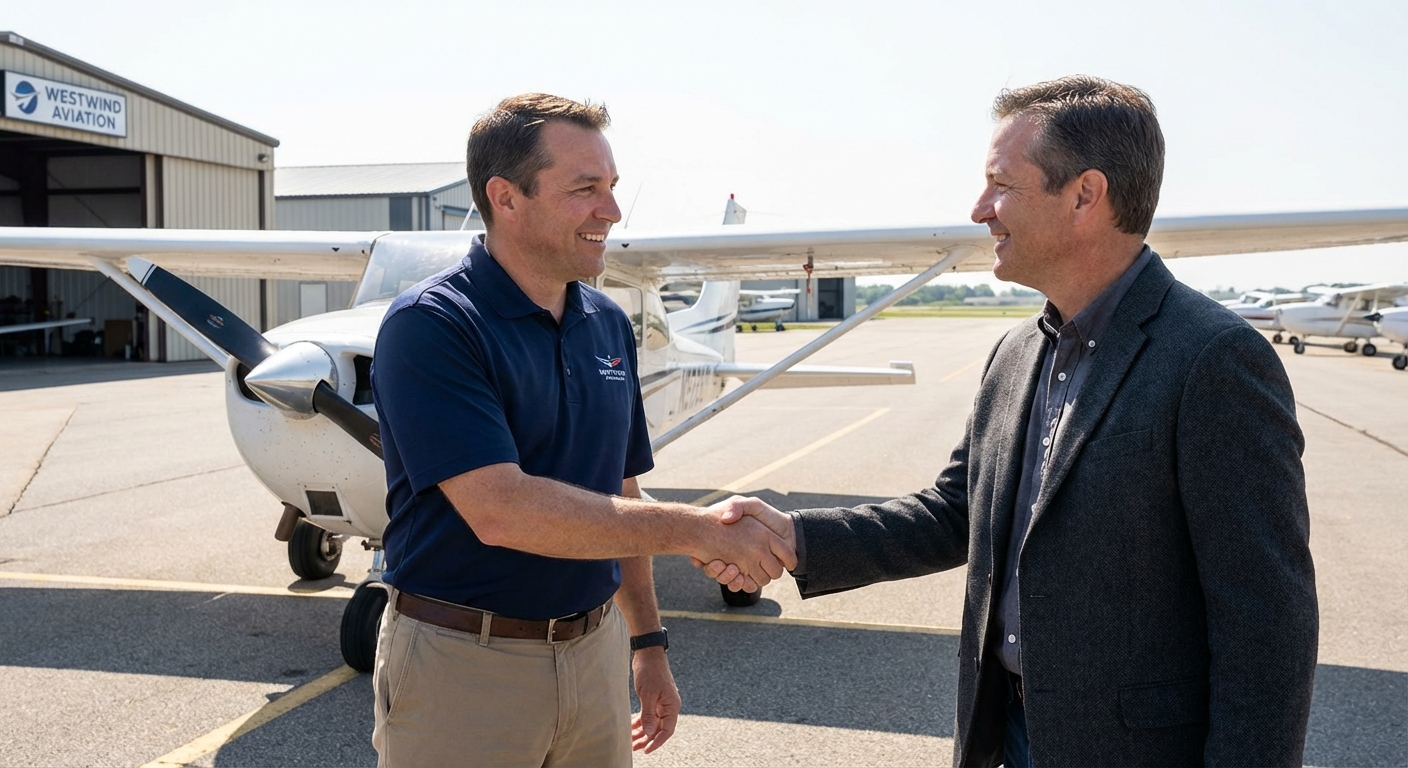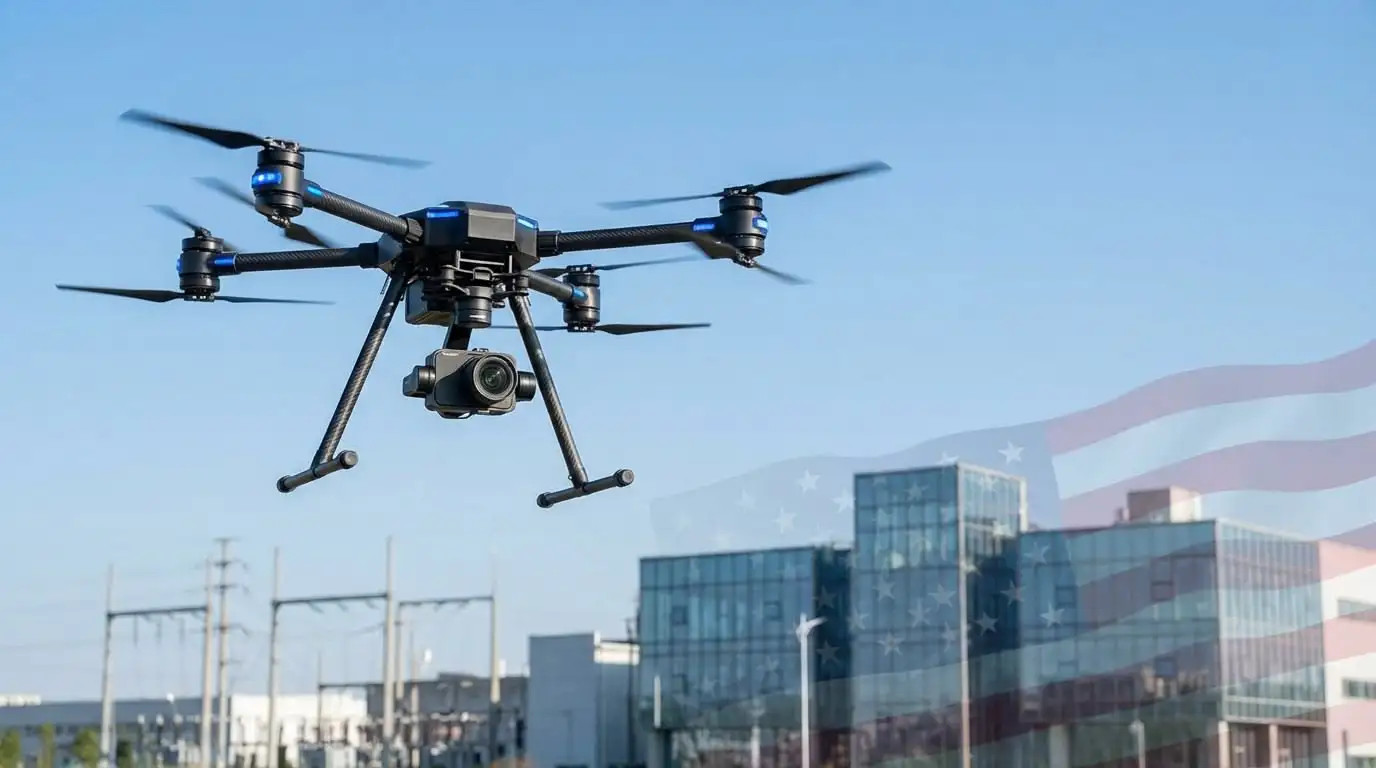Let’s face it. The truth hurts.

In recent years we've seen endless headlines highlighting opportunities for commercial drone operations. Receiving a Part-107 certificate and purchasing a brand new drone was enough to encourage many to open new drone businesses. But as with many new businesses, challenges tend to follow.

Many of us choose to ignore the truth because, well, it's uncomfortable. When it comes to establishing a successful drone business, ignoring the truth will not get you to where you want to be. Today’s industry is filled with aspiring and experienced professionals. It is important to stand out and establish yourself in order to keep up with the demands of the industry.
Here’s a list of 10 truths, compiled by various drone business owners. While these lessons may be uncomfortable, deep down, we all know how important they are.
Truth #1: A Part 107 Certificate is not enough.
.jpeg)
In order to operate commercially, the FAA holds pilots accountable for passing a Part 107 test and getting licensed. This is of course essential as it gives pilots a thorough understanding of the rules and regulations, and makes their operations legitimate. However, drone laws are continuously changing and pilots must stay up to date, always. It is not enough to know the FAA regulations and show that you have the right documentation in place. Rather pilots must truly adhere to them.
Drones can crash even when adhering to the rules so flying safe should always be your highest priority, not just something the FAA expects of you. Luis Veras of UASTampaBay, a Digital Media Service Provider, explains that 14 CFR Part 107 is always in mind but flying safely goes beyond just complying with the FAA. You want to check in and satisfy customer requests and requirements while flying within visual line of sight, knowing where your drone is relative to your surrounding, staying away from buildings and people, and of course - not letting your drone crash.
Truth #2: Your clients don’t care about the tech.
That top of the line drone you just purchased may be the best in the league; yet, for your client it may not be that impressive. As a matter of fact, the bigger the drone, the scarier it may be for non-pilots who may be focused on risk and noise. Buy what you need and use whatever is needed to get the job done best. Educate yourself about your drone by staying professional and humble.
Truth #3: There is always going to be someone offering services for less.
In an industry bustling with talented professionals, the competition is high. There are always going to be hungrier pilots who need to close the job (and get the experience) that are willing to charge less. Most likely you were in their shoes too! This is exactly where you need to emphasize the value and authenticity, rather than the price.
Jonathan Elliot of MKE Drones says, “establish your prices and stand behind them. Strive to maintain those prices by showing customers your worth. While you may lose some potential opportunities to cheaper drone businesses, you will retain customers who come back to you when they realize that paying less means getting inferior work.”
More about pricing: Pricing Your Drone Service
Truth #4: Drone crashes happen.
Let’s face it, drone accidents are not always inevitable. This means you’ll need a plan B…Prepare for the worst, while hoping for the best. Get informed, keep safety on high priority and most importantly, get insured.
Han John Tse of Repair A Drone has prepared a useful drone crash guide.
Truth #5: That epic edit may go unnoticed.
When hired for a job, it's easy to get carried away with wanting to prove your photography and editing skills. However, it's important to remember that you are hired first and foremost to get the job done. The additional capabilities are added benefits that surely look great on your portfolio and help you win the job. As SkyWatch Pilot Jerry Cowand of Eagles View UAV puts it “in most cases basic photography skills are satisfactory for most jobs and clients.”
Truth #6: You have to spend money to make money so do your research.
It's the name of the game. Getting high-end jobs will require you to get high-end equipment, and better coverage. You’ll not only have to invest in those thermal imaging cameras, but you’ll also have to invest in your performance and experience. Renting equipment as well as episodic on-demand insurance might save you money before you fully establish yourself. SkyWatch.AI Pilot Sigfrido Medina of Drones Vizion LLC says that one of his rookie mistakes was purchasing a Mavic 2 enterprise without doing proper research about sensor size and image quality. While at the time the drone was a new release, it was not a good fit for his needs. That extra time researching will save you time later down the road and won’t have to delay work while you try to sell the unneeded drone.
Truth #7: Everybody thinks they can do it and you can’t convince everyone.
“A drone? Sure! My neighbor has one of these toys.” Well, they aren’t entirely wrong. Modern drones are made to be relatively easy to operate but the difference between you and the average joe is your experience, hours of training, safety and preparation, and passion for this line of work.
“That first year I gave away a ton of services, just to prove the value of drone imaging,” says Jerry. “Most of the guys would ask, what can you tell me about my property that I don't already know since it's been in my family for generations.” While they were impressed that with a short flight I could show them areas of their farm that were problematic, they were unable to view my service as a force multiplier and instead I became the competition.”
A little competition can be healthy so don’t be deterred, you can always expand elsewhere.
Truth #8: It’s a love - hate relationship.
You might be working in a field you love, but this doesn’t mean everyday is a bed of roses. There will be days of frustration, and worse, days where you can’t even fly. It's a spontaneous industry and jobs can get scheduled, cancelled, and postponed within hours - all for reasons outside of your control. Always remember, one bad day doesn’t mean there aren’t good ones that lie ahead.
Truth #9: Weather is not always on your side.
From January to December, each month brings with it a new beautiful view. Yet it also brings different weather related issues. Being out in the field is hard both in the heat and in cold temperatures. Despite the August sun, your job needs to get done.
Weather does not always need to be a reason to stop.
Truth #10: It's all about the people.
Your attitude, along with the personal and professional impression you make will always be one of your greatest assets. The way you communicate, handle requests, deliver projects, and cope with the unexpected challenges is what will help you build long term relationships and ultimately satisfy your customers.
With all this in mind, we face the hard truths so that we can better ourselves and better our business. Taking note of the things you may want to overlook will help you get to where you want to be professionally. Above all, perhaps the most important advice comes from SkyWatch Pilot, Preston Jensen of Jensen Air LLC. “Be optimistic about all opportunities that may arise and be ready to keep learning to provide your customers with the best content!”
Share your tip with us at skywatch@skywatch.ai.











